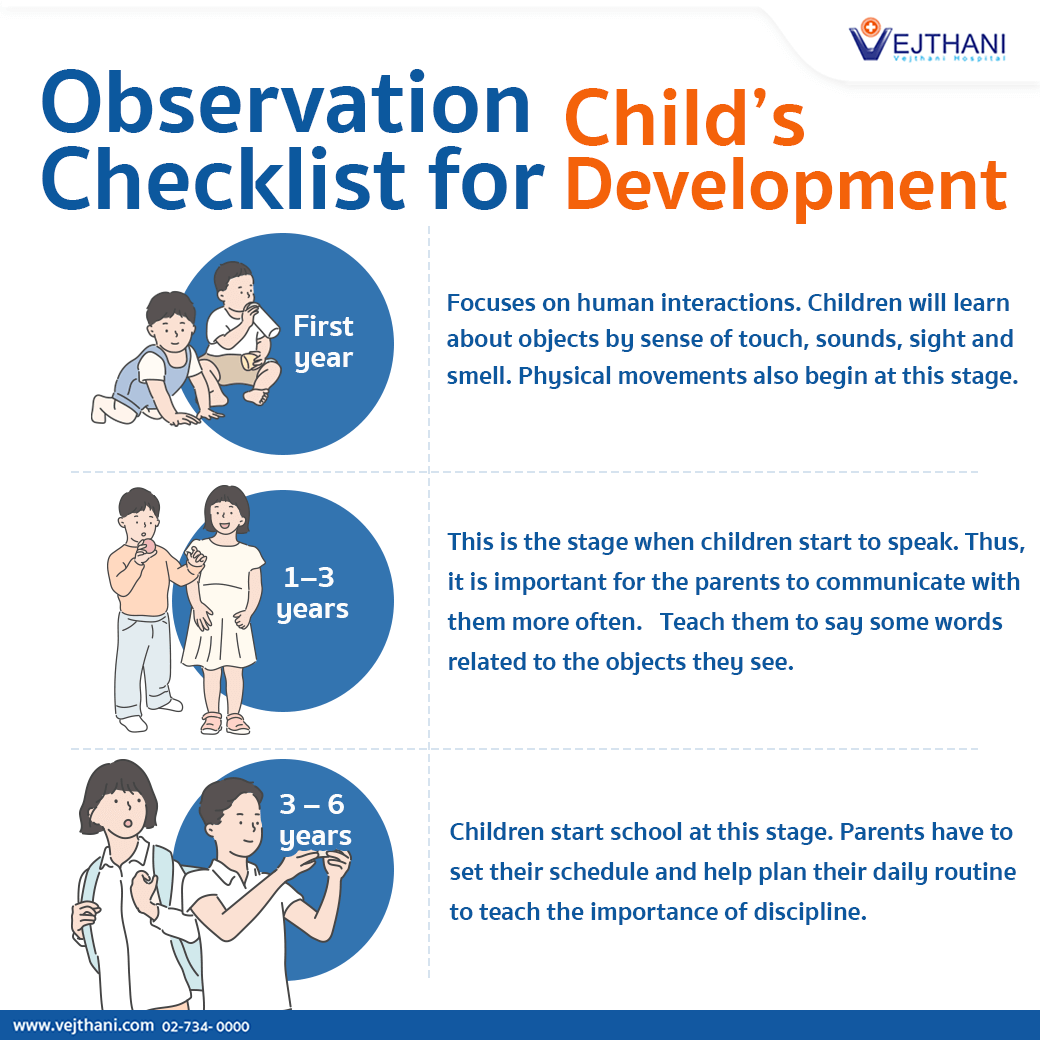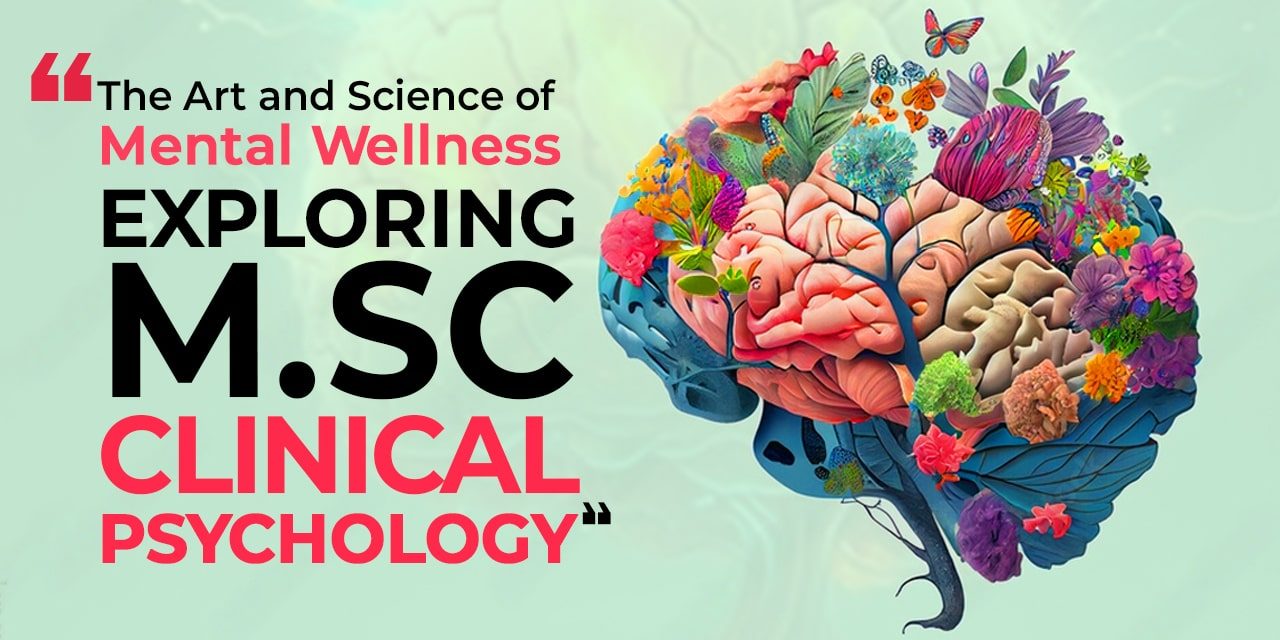Inner Calm Handbook Effective Mindfulness Strategies
Introduction:
In today’s fast-paced world, finding inner calm amidst the chaos can feel like a daunting task. However, with the right strategies and mindset, cultivating inner peace and mindfulness is within reach. Welcome to the Inner Calm Handbook, where we explore effective mindfulness strategies to help you navigate life’s challenges with grace and tranquility.
Understanding Mindfulness:
Mindfulness is the practice of being fully present and engaged in the present moment, without judgment. It involves paying attention to your thoughts, feelings, and surroundings with openness and curiosity. By cultivating mindfulness, you can reduce stress, enhance self-awareness, and foster a greater sense of well-being.
The Power of Breath:
One of the simplest yet most powerful mindfulness techniques is focused breathing. Take a few moments to sit quietly and pay attention to your breath as it flows in and out of your body. Notice the sensation of each inhale and exhale, allowing your breath to anchor you to the present moment.
Body Scan Meditation:
Body scan meditation is a practice that involves systematically moving your awareness through different parts of your body, from head to toe, and noticing any sensations you encounter without judgment. This technique can help you cultivate a deeper connection with your body and promote relaxation.
Mindful Walking:
Walking meditation is a form of mindfulness practice that involves bringing your full attention to the experience of walking. As you walk, focus on the sensation of your feet touching the ground, the rhythm of your steps, and the movement of your body. Notice the sights, sounds, and smells around you as you walk with intention and awareness.
Cultivating Gratitude:
Practicing gratitude is a powerful way to shift your focus from what’s lacking to what you have. Take time each day to reflect on the things you’re grateful for, whether it’s a beautiful sunset, a supportive friend, or a simple moment of joy. Cultivating gratitude can help foster a more positive outlook on life and enhance your sense of well-being.
Mindful Eating:
Mindful eating involves bringing awareness to the experience of eating without distractions. Slow down and savor each bite, noticing the taste, texture, and aroma of your food. Pay attention to your hunger and fullness cues, and eat with intention rather than out of habit or emotion.
Acceptance and Non-Judgment:
A key aspect of mindfulness is accepting things as they are without judgment or resistance. Rather than getting caught up in self-critical thoughts or trying to control every aspect of your life, practice acceptance and compassion towards yourself and others. Embrace imperfection and let go of the need for things to be a certain way.
Mindful Communication:
Mindful communication involves listening attentively, speaking with intention, and being fully present in your interactions with others. Practice active listening by giving your full attention to the speaker without interrupting or planning your response. Speak honestly and respectfully, and choose your words mindfully to promote understanding and connection.
Creating Mindful Moments:
Incorporate mindfulness into your daily life by creating mindful moments throughout your day.

















